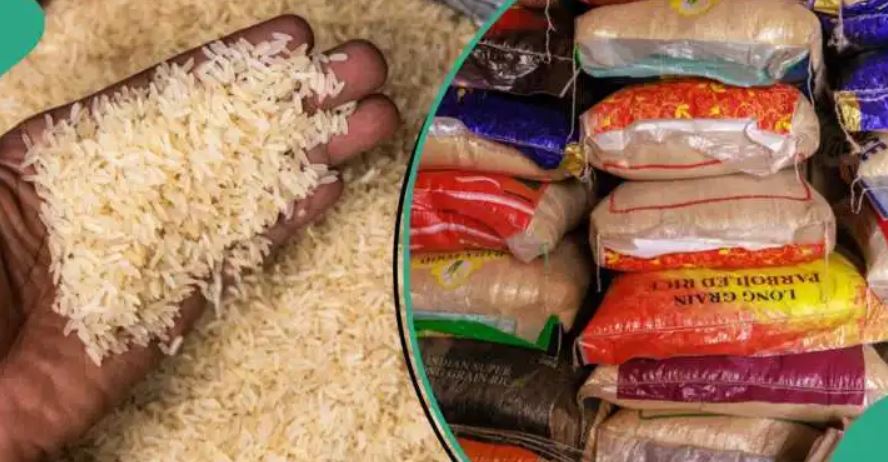Nigeria’s Strategy to Combat Food Inflation and Alleviate Hunger

Nigeria is taking decisive steps to combat food inflation and alleviate hunger through a comprehensive framework for food imports, financial interventions, and long-term strategies. The government’s efforts include zero tariffs on certain imports, a substantial financial package, and policies to stabilize food prices. The Ministry of Finance and FCCPC are working collaboratively to ensure the effective implementation of these measures.
The Framework for Food Imports
The Nigerian Ministry of Finance is developing a comprehensive framework to guide the expected influx of food imports. This initiative is a strategic move by the government to address the soaring cost of living across the country. Adewale Adeniyi, the Comptroller General of the Nigeria Customs Service, announced that the framework would be ready next week. Key aspects of the guidelines include zero tariffs on specific food imports, balancing the need to protect local production while providing immediate relief to hunger-stricken Nigerians.
Government’s Financial Intervention
In response to the escalating food crisis, President Tinubu approved a substantial N2 trillion packages in July. This package is part of the government’s accelerated stabilization and advancement plan aimed at tackling food inflation. A significant component of this policy is the implementation of a 150-day duty-free window, which permits the importation of certain commodities across land and sea borders. This measure is expected to provide temporary relief and stabilize food prices in the short term.
The Nigerian government’s proactive measures to combat food inflation reflect a strong commitment to ensuring food security and reducing the high cost of living. Collaborative efforts and strategic planning are key to overcoming this challenge and achieving a sustainable future
Current Food Crisis in Nigeria
Nigeria is currently grappling with a severe food crisis, with food inflation reaching 40.66% in May 2024, up from 24.82% the previous year. The situation is exacerbated by insecurity in key food-producing regions, leading to abandoned farms and displaced farmers. As a result, food production has significantly declined, contributing to scarcity and high prices. The Ministry of Agriculture and Food Security reported that while Nigeria produces 40 million metric tons of yam tubers annually, the national demand stands at about 60 million metric tons, leaving a substantial gap.

Efforts by the Federal Competition and Consumer Protection Commission (FCCPC)
The Federal Competition and Consumer Protection Commission (FCCPC) has urged Nigerians to remain patient as the government works to mitigate the food crisis. During an interactive session with traders at the Dawanau and Galadima markets in Kano, Adamu Abdullahi, the acting executive vice chairman of the FCCPC, reassured the public that the government is taking appropriate steps to address the rising food prices and inflation.
Long-Term Strategies for Food Security
Beyond immediate relief measures, the Nigerian government is also focusing on long-term strategies to ensure food security. The development of infrastructure, enhancement of agricultural productivity, and support for local farmers are critical components of this strategy. By addressing the root causes of food insecurity, the government aims to create a sustainable and resilient food system that can withstand future challenges and ensure adequate food supply for the population.
Conclusion
The Nigerian government’s proactive approach to addressing the food crisis through immediate and long-term measures is a critical step towards stabilizing the country’s food supply. The zero-tariff framework for food imports and the substantial financial package approved by President Tinubu reflect the government’s commitment to alleviating hunger and reducing the high cost of living. As these measures take effect, it is essential for all stakeholders, including local producers and consumers, to support and adapt to the changes. The journey towards food security and economic stability is challenging, but with collaborative efforts and strategic planning, Nigeria can overcome these obstacles and achieve a sustainable future.










